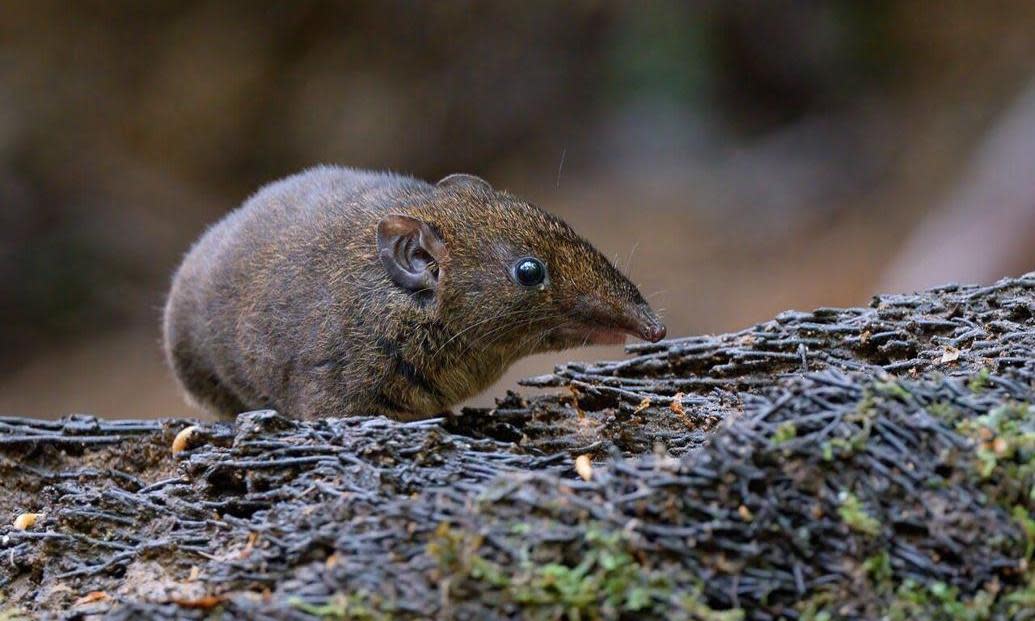Five new species of soft-furred hedgehogs discovered in south-east Asia

Scientists have identified five new species of soft-furred hedgehogs from south-east Asia.
Two of the species discovered are entirely new to science, while three have been elevated from subspecies level by researchers, who carried out DNA analysis as well as detailed physical observations of the mammals.
The study analysed physical specimens and tissue samples collected both from field work and from museum collections that date back decades.
Related: World’s oldest European hedgehog discovered in Denmark
Previously, there were only two known species of soft-furred hedgehogs but the study, published in the Zoological Journal of the Linnean Society, brings the total to seven.
Arlo Hinckley, the study’s lead author and a Margarita Salas postdoctoral fellow at the Smithsonian National Museum of Natural History and University of Seville, said the research could help governments and other organisations decide how to prioritise conservation funding to protect biodiversity.
“It might be surprising for people to hear that there are still undiscovered mammals out there. But there is a lot we don’t know – especially the smaller nocturnal animals that can be difficult to tell apart from one another.”
Soft-furred hedgehogs are small mammals that belong to the hedgehog family, which have a long, pointy snout, and are furry, rather than spiny. Scientists have likened their appearance to a mixture of a mouse and a shrew with a short tail.
They are active both during the day and night, and are believed to eat insects and other invertebrates as well as fruits.
One of the new species, which had particularly long fangs, was named H. macarong, after a Vietnamese word for vampire (Ma cà rồng). It has dark brown fur, is about 14cm long and is endemic to southern Vietnam.
The second, H. vorax, which is a little smaller at 12cm long, has dark brown fur, a black tail, and a very narrow snout. It was named after a description given by the mammalogist Frederick Ulmer, who during a visit to Sumatra in 1939, described it as having a voracious appetite. The species is only on Mount Leuser in Northern Sumatra.
During the study, researchers gathered 232 physical specimens for observation, and 85 tissue samples for genetic analysis, collected both from the field and from 14 natural history collections across Asia, Europe and the US.

 Yahoo News
Yahoo News 
